Rowan-Cabarrus Community College acknowledges the rights and responsibilities of students enrolled in any classes or engaged in any college sponsored activity as rights guaranteed by local, state and federal law and the Rowan-Cabarrus Community College Board of Trustees. In compliance with federal law the college publishes electronically and in print the rights of students related to legal matters, privacy rights, freedom of association and due process.
Legal Rights
All the rights and privileges guaranteed to every citizen by the constitution of the United States and by the state of North Carolina shall not be denied any student. Furthermore, The College shall adhere to all of the statutes of the United States and the state of North Carolina. The Student Government Association is the College approved agency to voice students’ opinions and speak on institutional policies concerning students’ activities.
Rights of the Learner
The instructor in the classroom and in conference shall encourage free discussion, inquiry and expression within the guidelines of the Campus Code of Conduct. Student performance will be evaluated solely on an academic basis, not on opinions or conduct in matters unrelated to academic standards.
Student Records
The Family Educational Rights and Privacy Act of 1974 (FERPA) provides safeguards regarding the confidentiality of, and access to, student records. FERPA policies and local definitions of directory information are described in more detail in the online catalog under Records and Registration and on the college website.
Freedom of Association
Students are free to organize and join an association organized or existing to promote students’ academic programs, career interests or social interests. Student organizations must select a faculty advisor and submit a constitution to the Student Government Association.
Due Process
Due process procedures are established to guarantee the right of hearing, a presentation of charges and evidence for charges. The procedures are published in the Campus Code of Conduct viewable on the college website and in the online catalog.
If a student perceives a college decision or action to be discriminatory or in violation of their student rights, a grievance may be filed.
